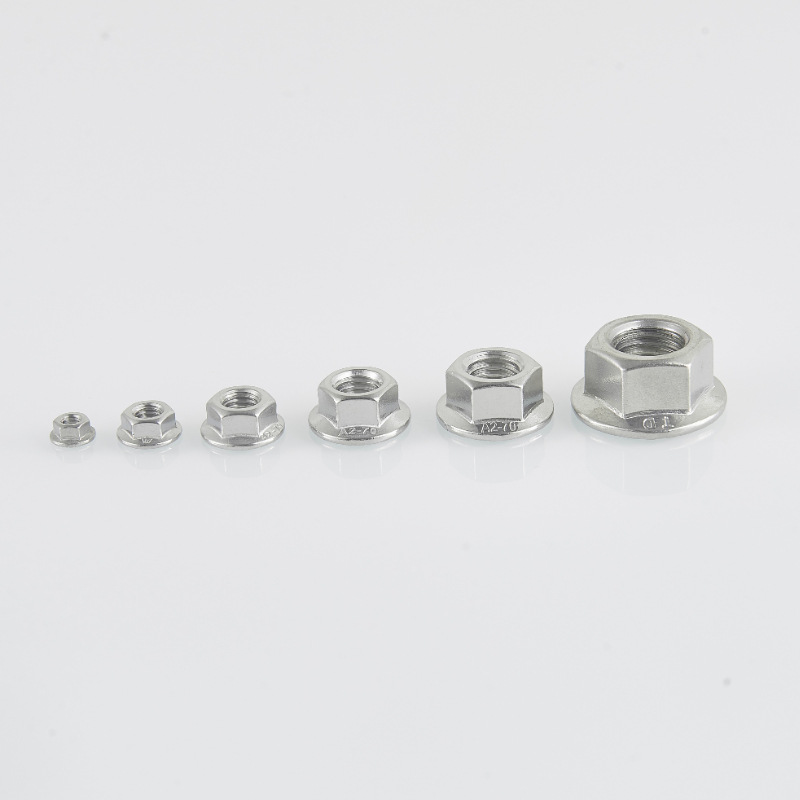

Flat Circular Washers for Enhanced Load Distribution and Vibration Damping in Fasteners
ต.ค. . 04, 2024 21:58 Back to list
Flat Circular Washers for Enhanced Load Distribution and Vibration Damping in Fasteners
Understanding Flat Round Washers Essential Components in Engineering and Construction
Flat round washers are an integral component in various engineering and construction applications. These small, disc-shaped accessories are often made from metal, plastic, or rubber, and serve multiple purposes that play a critical role in ensuring the durability and efficiency of various structures and machines. This article will delve into the types, uses, and importance of flat round washers in various industries.
What Are Flat Round Washers?
At its core, a flat round washer is a thin, flat disc with a hole in the middle. This simple yet effective design allows it to distribute loads, reduce friction, and prevent damage to surfaces in mechanical assemblies. The washer's shape enables it to sit flush against components, providing a clean finish and stability. They are often used with bolts, screws, and nuts to create a secure connection between different parts.
Types of Flat Round Washers
Flat round washers come in various materials, each offering unique benefits. Metal washers, usually made from stainless steel, can withstand high temperatures and offer great tensile strength. Plastic washers, crafted from materials like nylon or polyester, are resistant to corrosion and are often employed in environments where electrical insulation is necessary. Rubber washers provide flexibility and excellent sealing properties, making them ideal for applications requiring moisture resistance.
Furthermore, flat washers can be categorized based on their mechanical properties. Standard flat washers are widely used for general applications. However, tapered washers or conical washers are designed for specific scenarios, providing additional support and compensating for uneven surfaces.
Key Applications
flat round washer

The applications for flat round washers are virtually limitless. In construction, they are crucial for securing bolts and other fastening systems in structures such as bridges, buildings, and machinery. They ensure that connections can bear the load without deformation, while also preventing damage to surfaces during installation.
In automotive engineering, flat round washers are vital for assembling components. They help in distributing the load across larger surface areas and prevent damage to materials that could arise due to wear and tear. Moreover, they are used for vibration dampening, thus enhancing vehicle performance and longevity.
Manufacturers in various industries also utilize flat washers in their assembly processes. They are essential in electronics for grounding connections and maintaining stability. In plumbing, rubber washers are used to create watertight seals in fixtures such as faucets.
Importance and Benefits
The importance of flat round washers cannot be overstated. They enhance the performance and longevity of mechanical assemblies by providing added support and reducing friction. This, in turn, minimizes wear and tear on critical components, reducing the need for repairs and replacements.
Moreover, flat round washers contribute to safety in structural applications. By ensuring secure connections, they help prevent catastrophic failures that could arise from loosening fasteners. This added layer of safety is crucial not only in construction but in any setting where machinery operates under extreme conditions.
Conclusion
In summary, flat round washers may seem like simple components, but their impact is profound across various sectors. From enhancing the durability of construction projects to ensuring the safety and functionality of machinery, these small yet mighty accessories form the backbone of engineering and manufacturing processes. Understanding their types, applications, and benefits is essential for anyone involved in design, construction, or maintenance activities. As technology advances, the versatility and importance of flat round washers will continue to grow, solidifying their role as indispensable tools in our daily lives.
Latest news
-
Hot Dip Galvanized Bolts-About LongZe|High Strength, Corrosion Resistance
NewsJul.30,2025
-
High-Strength Hot Dip Galvanized Bolts - Hebei Longze | Corrosion Resistance, Customization
NewsJul.30,2025
-
Hot Dip Galvanized Bolts-Hebei Longze|Corrosion Resistance&High Strength
NewsJul.30,2025
-
High-Strength Hot-Dip Galvanized Bolts-Hebei Longze|Corrosion Resistance&High Strength
NewsJul.30,2025
-
Hot Dip Galvanized Bolts-Hebei Longze|Corrosion Resistance&High Strength
NewsJul.30,2025
-
Hot Dip Galvanized Bolts - Hebei Longze | Corrosion Resistance, High Strength
NewsJul.30,2025

